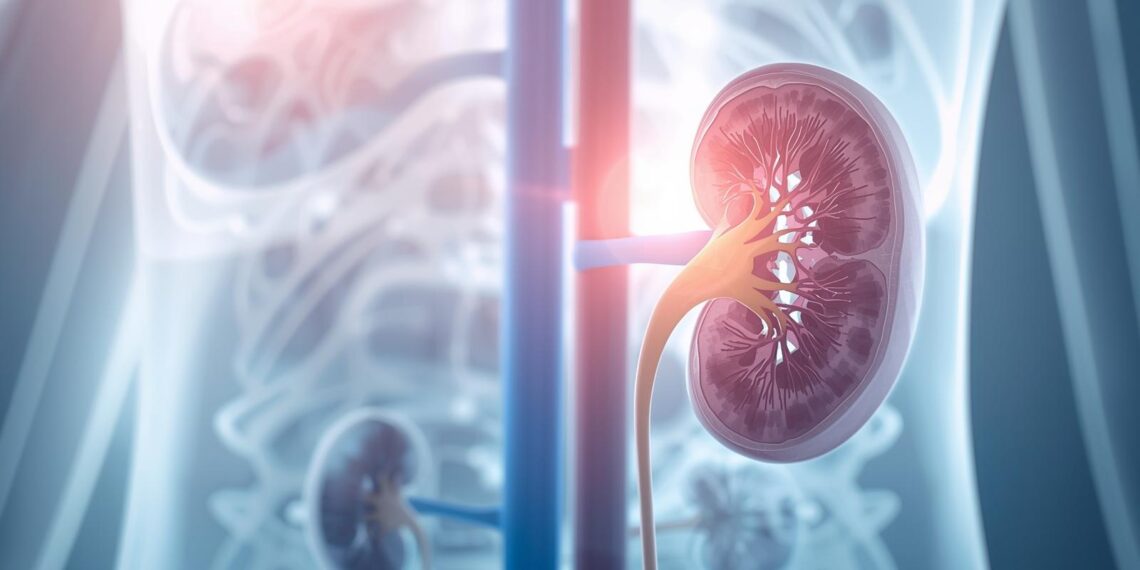In our fast-paced world, the conversation around health and wellness is ever-evolving. One area that has gained attention in recent years is the significance of high urea serum levels and what they reveal about our health. While it might seem like a complex medical term, understanding urea serum levels is essential for anyone concerned about their well-being, especially as it relates to kidney function and overall health.
Urea, a waste product formed in the liver, is a result of protein breakdown. It travels through your bloodstream to your kidneys, which filter it out of your body through urine. Therefore, urea serum levels are an indicator of how well your kidneys are functioning. High urea serum levels can be a sign that your kidneys are not working efficiently, which can have significant implications for your overall health.
Kidney function tests are essential diagnostic tools that help determine how well your kidneys are cleaning your blood. These tests measure levels of waste products such as urea and creatinine in your blood. By monitoring these levels, healthcare providers can assess kidney performance and identify any potential issues early on.
A kidney function test can provide insight into:
- Kidney health: Identifying how well your kidneys are functioning.
- Potential kidney disease: Early detection can lead to more effective management of kidney-related conditions.
- Overall health status: Since kidneys play a crucial role in filtering waste and balancing fluids, their health reflects on your general well-being.
Elevated urea serum levels can result from various factors. Understanding these causes is key to addressing the root of the problem and maintaining a healthy lifestyle.
One of the most common causes of high urea levels is dehydration. When your body lacks adequate fluid, it can’t efficiently remove waste products, leading to higher concentrations of urea in the blood.
High urea serum levels often indicate impaired kidney function. Conditions such as chronic kidney disease or acute kidney injury can prevent kidneys from effectively filtering urea, leading to its accumulation in the bloodstream.
Consuming a diet excessively rich in protein can also elevate urea levels. As protein breaks down, more urea is produced, and if the kidneys cannot keep up with this increased load, urea levels can rise.
Certain conditions like heart failure or gastrointestinal bleeding can contribute to elevated urea levels. These conditions impact how the body processes and eliminates waste.
While high urea levels themselves may not cause symptoms, the underlying conditions affecting kidney function can lead to noticeable changes in health. Symptoms to watch for include:
- Fatigue and weakness
- Swelling, particularly in the legs or ankles
- Shortness of breath
- Nausea or vomiting
- Confusion or difficulty concentrating
Recognizing these symptoms early allows for timely medical intervention, which is crucial for managing kidney health.
Managing high urea serum levels requires a multi-faceted approach that encompasses lifestyle changes, dietary adjustments, and medical interventions.
Ensuring adequate hydration is crucial. Drinking plenty of fluids helps your kidneys filter waste more effectively, reducing urea levels in the blood.
Limiting protein intake can help lower urea levels. Consult with a healthcare provider or nutritionist to develop a balanced diet that supports kidney health without overloading the kidneys with protein.
In cases where high urea levels are due to kidney dysfunction or other health issues, medical treatment may be necessary. This could involve medication, dialysis, or other interventions aimed at improving kidney function.
Regular kidney function tests are essential for monitoring urea levels and overall kidney health. These tests help track progress and adjust treatment plans as needed.
Understanding and managing high urea serum levels is not just about addressing immediate health concerns; it’s also about engaging with broader wellness trends. As we become more aware of how lifestyle choices affect our health, kidney function has emerged as a critical factor in the wellness conversation.
Kidney health is increasingly recognized as a component of overall wellness, influencing how individuals perceive their health and lifestyle choices. As people seek to align their lifestyles with wellness trends, understanding kidney health becomes a vital part of this journey.
The wellness industry is adapting to emphasize kidney health, offering products and services designed to support kidney function. From hydration-focused products to dietary supplements, the market is evolving to meet consumer demands for comprehensive wellness solutions.
As awareness grows, the future of wellness will likely see an increased focus on preventive care and education around kidney health. This shift not only enhances personal well-being but also reflects a broader cultural movement towards proactive health management.
High urea serum levels are a valuable indicator of kidney health and overall well-being. By understanding what these levels mean and how to manage them, individuals can take proactive steps towards maintaining their health. As the wellness industry continues to evolve, the importance of kidney health will remain a significant factor in shaping future trends and consumer behaviors. By staying informed and engaged, we can better navigate the intersections of wellness, identity, and social practices, ultimately contributing to a healthier society.




